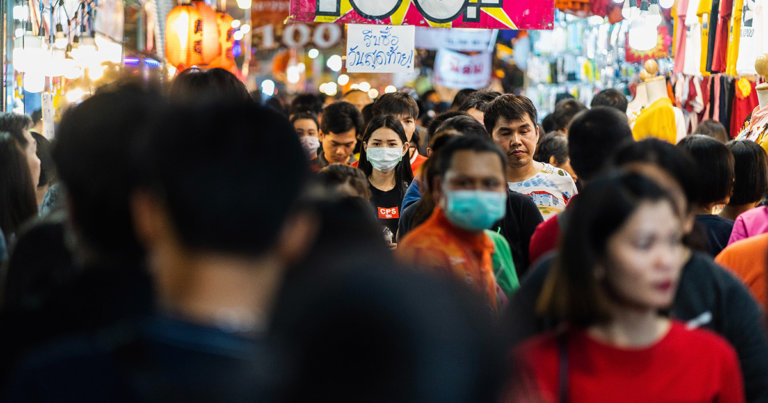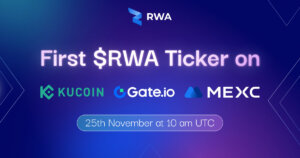 Blockchain startup ShareRing launches anonymous COVID-19 contact-tracing e-passport
Blockchain startup ShareRing launches anonymous COVID-19 contact-tracing e-passport Blockchain startup ShareRing launches anonymous COVID-19 contact-tracing e-passport

Photo by Robert Norton on Unsplash
ShareRing, a tech startup focused on applying blockchain technology to travel and e-commerce industries, has just launched an anonymous contact-tracing e-passport app. In a press release shared with CryptoSlate, the company said that the passport was designed as a relief to the global tourism industry in the wake of COVID-19.
Tracking contacts with COVID-19 carriers with blockchain technology
With no end in sight to the ongoing COVID-19 pandemic, companies and governments around the world have been struggling to find a way to resurrect some of the industries that have been hit the hardest with the current crisis.
Reviving tourism, which has suffered tremendously in the past several months, was so far done with contact-tracing applications. However, almost every initiative so far has been met with extensive criticism due to privacy concerns.
A possible solution to the scalability and privacy concerns of contact-tracing apps lies in blockchain technology. ShareRing, a startup focused on creating blockchain-based products for enterprises, has launched a contact-tracing app they believe solves both of these problems.
In a press release shared with CryptoSlate, the company said that the app can be integrated with e-visa on arrival system, (eVOA), travel insurance companies, airlines, hotels, and retail shops. It will act as a sort of electronic passport, enabling its carrier to enter countries with tight regulations regarding the ongoing pandemic.
ShareRing’s CEO, Tim Bos, said:
“With the COVID-19 contact tracing passport, hotels and activity providers can now grant safe access for travelers to visit tourism hotspots for a much-needed boost to the international travel industry that accounts for nearly 3% of the global economy.”
A completely anonymous, private “proof of health”
The company’s contact-tracing passport will enable users to upload important identification documents, such as an eVOA, passport information, travel insurance, accommodation information, and a negative COVID-19 test.
All of this information together makes the user’s “proof of health,” which is tied safely to a QR code created in the applications. ShareRing explained that sensitive identity information is never stored on the blockchain, which means that it can’t be altered—this, the company said, prevents falsification and fraud.
While ShareRing’s app is still relatively new, promises of a more streamlined safety check process for hotels and airlines have resulted in over 2.6 million hotel and activity providers around the world using its services.
But, no matter how well ShareRing’s application works, it could take months or even years before it was adopted by a large enough number of people to be effective. This is why the company enabled governments and businesses to integrate the contact-tracing passport on their own applications without using the ShareRing brand.



 Farside Investors
Farside Investors 


 CoinGlass
CoinGlass 




















































































